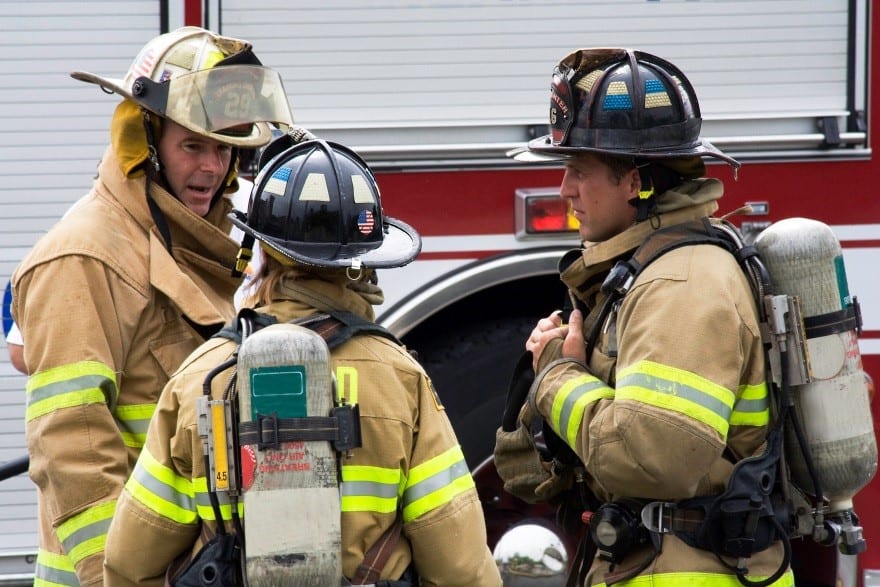Get the help you need right now 855-900-8437 Get Help Now
Get the help you need right now 855-900-8437 Get Help Now
December 1, 2019
When a crew member is having a challenging day, it’s natural to offer support and reassurance. After all, the fire service is about taking care of your brothers and sisters. Whether your colleague is coping with marital problems, received a bad review or experiencing post-traumatic stress, we hate to see the people we care about suffer.

Despite our desire to be supportive, we sometimes say things that can unintentionally make the person feel worse. Whether you are comforting a crew member on or off the job, words really matter. Here are five common communication pitfalls to avoid:
The key to being supportive is not about saying the right thing — it’s about being an active listener. Active listening is the art of truly listening to someone’s perspective or problem in a way that encourages them to open up. Active listening means staying in the present and simply listening without jumping ahead, offering advice or judging someone’s feelings as good or bad, right or wrong.
Keep these tips in mind:
To learn more about active listening and other peer support skills, see information on the IAFF Peer Support Training.
While active listening can play a critical role in getting someone through a rough patch, sometimes it’s not enough. If a crew member is consistently withdrawn, irritable, seems checked out or is not functioning well on the job, they may need to seek professional help.
The IAFF Center of Excellence for Behavioral Health Treatment and Recovery is a comprehensive treatment center designed exclusively for IAFF members struggling with addiction, PTSD and other co-occurring mental health problems. Call today for a no-obligation, free and confidential screening for you or a loved one.
Lauren Kosc, M.A., LCPC, is a behavioral health specialist, licensed therapist and blog editor for the International Association of Fire Fighters. If you are an IAFF member in recovery and want to share your story, contact [email protected].
Sources:
The British Library. “Albert Mehrabian.” Accessed November 27, 2019.